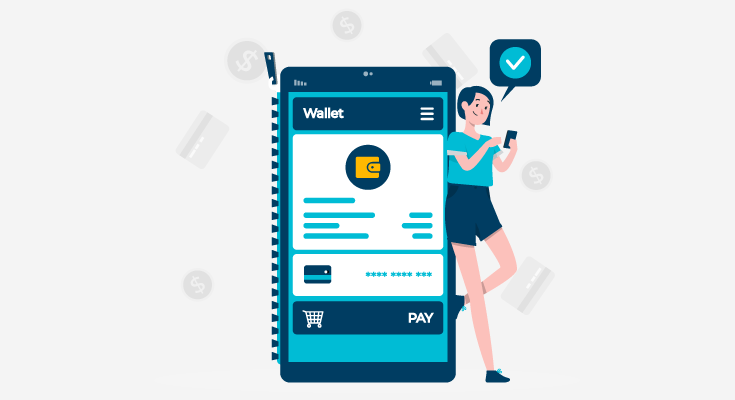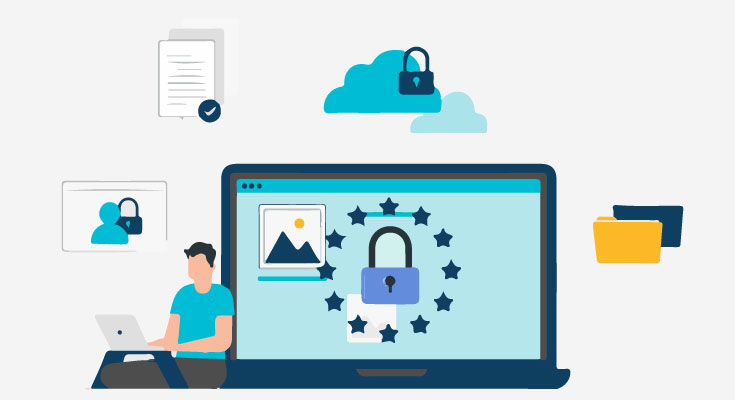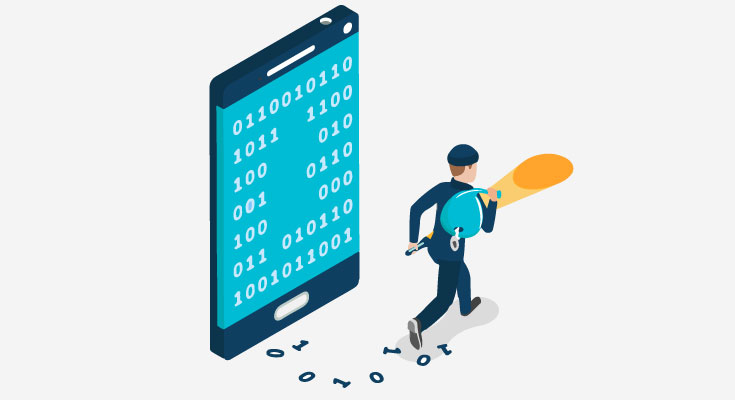Blogs
Building the future of fintech.
Basic Mistakes in ID Verification Process
Now that the financial industry is on the wave of digitization, the lives of consumers are changing. With the rise of digital banking, and cloud-based financial services, the number of data breaches also grew. 2016 reached a record of 35 breaches every second. 64% of these data breaches were successful, and they stole users’ personal […]
Read more

Guide for Choosing the Best Online Document Verification Solution
Introduction Your business has to verify a lot of customer identity using online documents, you choose a solution, integrate it with your systems, and now it’s time to go live and see how the solution performs. After deploying the solution, you can see that your customer onboarding number has taken a dip. Let’s say most […]
Read more

How MasterCard is Using Open Banking to Make Fasten ACH Payments?
The payments industry is continuing to shift, and the latest technologies are bringing changes every single day. The switch from cash to checks and digital payments such as ACH has increased significantly. Especially in high-dollar or recurring payments such as rents and utility bills. These technological advancements provide a great experience for both merchants and […]
Read more

Money Laundering Stats and Data
Money laundering is known for making financial organizations fight hard for preventing crime. It has become a universal concern for regulatory bodies like the Financial Action Task Force (FATF), Financial Conduct Authority (FCA), and Financial Transactions and Reports Analysis Centre of Canada (FINTRAC). Financial organizations have somehow succeeded in their fight against money laundering by […]
Read more

Banking-as-a-Service (BaaS) Revolution
Traditional banking is extremely limiting, and it requires users to go through a lot of hoops. Opening a bank account, applying for loans, or any other thing forces users to go to a physical branch. Fortunately, the recent wave of modernization in the banking sector is all set to change the traditional norms. Today, banking […]
Read more

5 Best Ways to Protect Businesses From Cyber Attacks
Businesses of all kinds have an obligation to try and protect their users. Protecting users from cyber attacks is a responsibility that every single business has to take on. Your existing and new customers need to know the best practices they can follow to stay protected. With bad actors becoming more and more creative, you […]
Read more

Steps Payment Gateway Can Take to Detect and Prevent Online Fraud?
When you have started your online business, you wouldn’t consider online fraud as a challenge when you’re processing less than 10 transactions a day. However, when your business and the number of transactions increase, you need to be more careful. Statistics state that in 2018, US merchants lost an estimated $6.4 billion in payments card […]
Read more

FinTech Compliance: Are Sponsor Banks Responsible?
While FinTechs are now offering transactions as part of their service, they aren’t exactly banks and maybe that’s the reason they don’t have as big of a user base as they should. To grow themselves, they partner with a sponsor bank that moves the money between parties. This strategy allows FinTechs to focus on providing […]
Read more

Guide on Real-Time Payments and Verifying Account Identity
NACHA, the Electronic Payment Association overseeing the ACH network, recently made some changes to its Operating rules regarding ACH payments. Based on the new rules, originators or WEB debit entries are asked to use a “commercially reasonable fraudulent transaction detection system” to verify users for fraud. Beginning on March 19, 2021, the rule will change […]
Read more

Verizon 2022 Annual Data breach Report
The 15 year old tradition is still standing strong with this week’s DBIR Annual Report. In the latest data breach report, Verizon highlighted their analysis of over 5,212 breaches and 23,896 security incidents to find the most common trends used by fraudsters. The 4 most commonly used methods include enterprise estates, credentials, phishing, and exploiting […]
Read more





